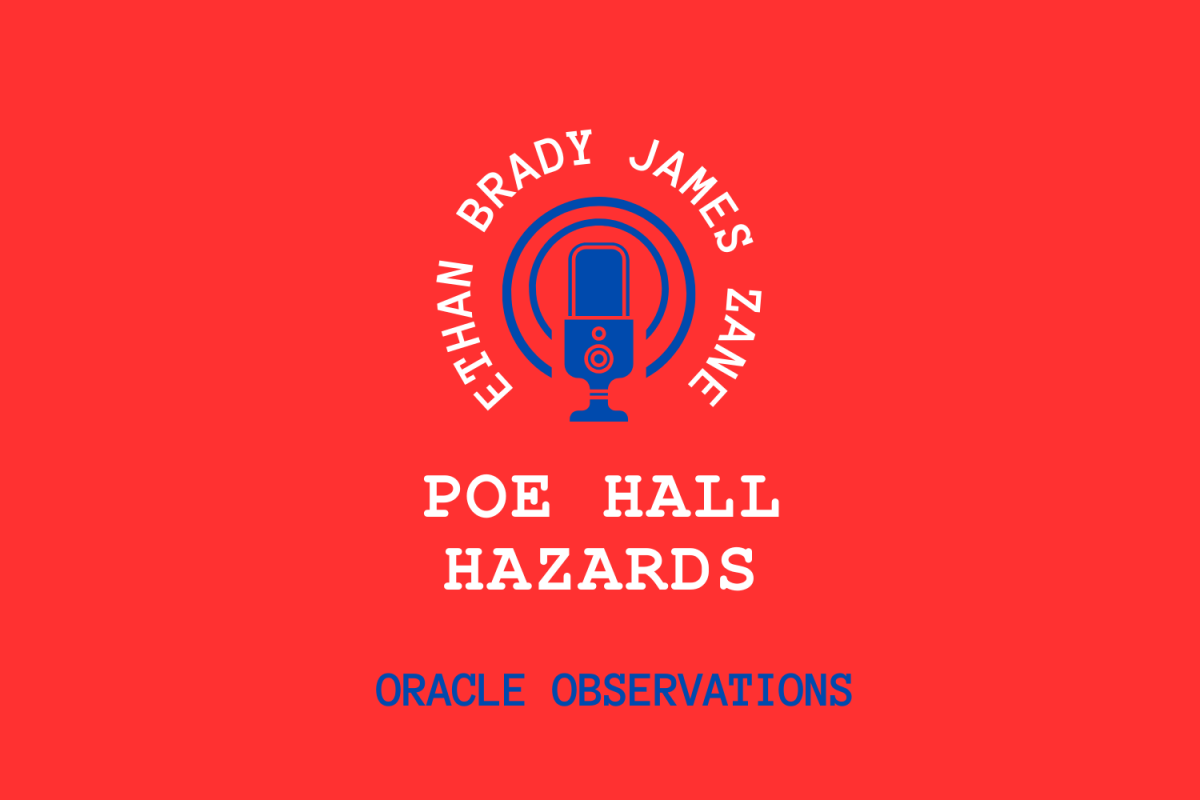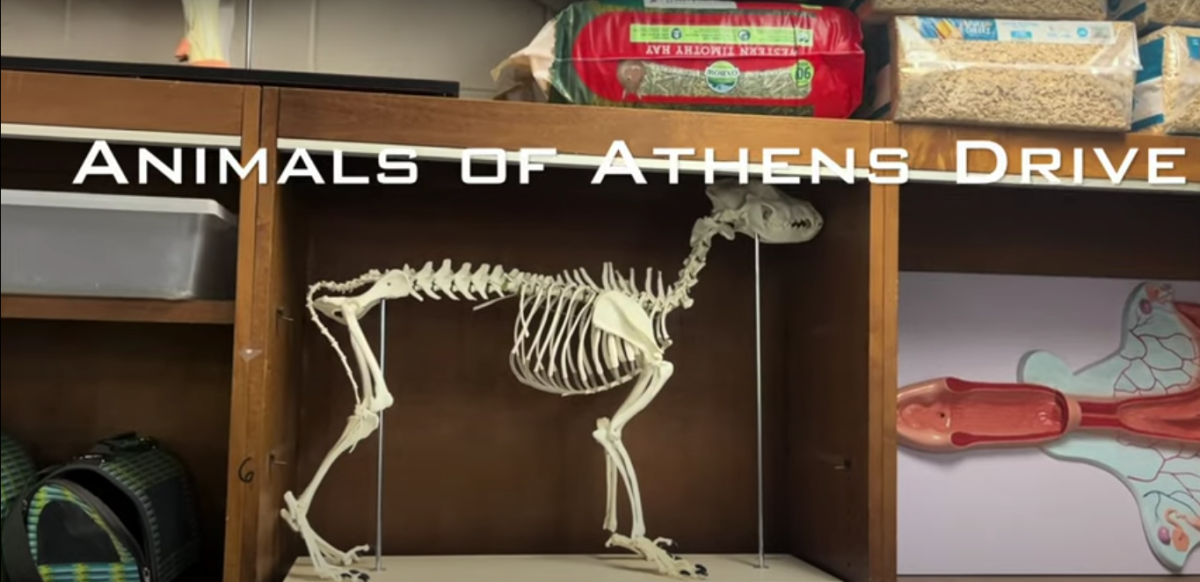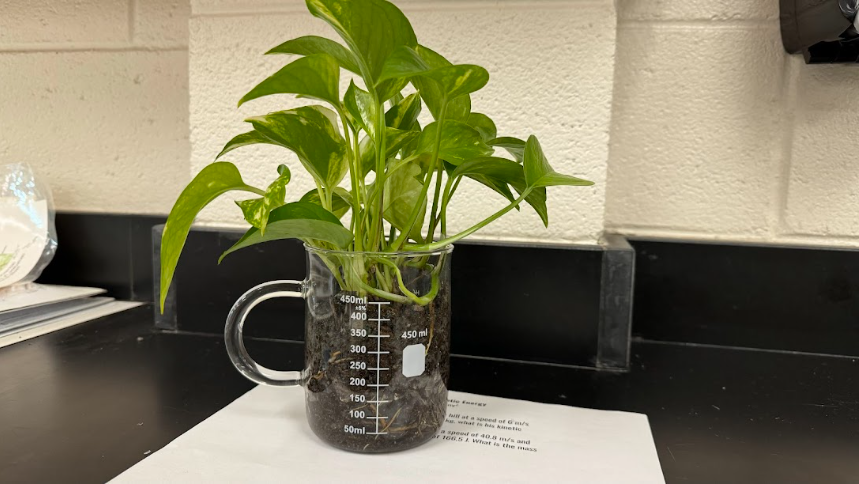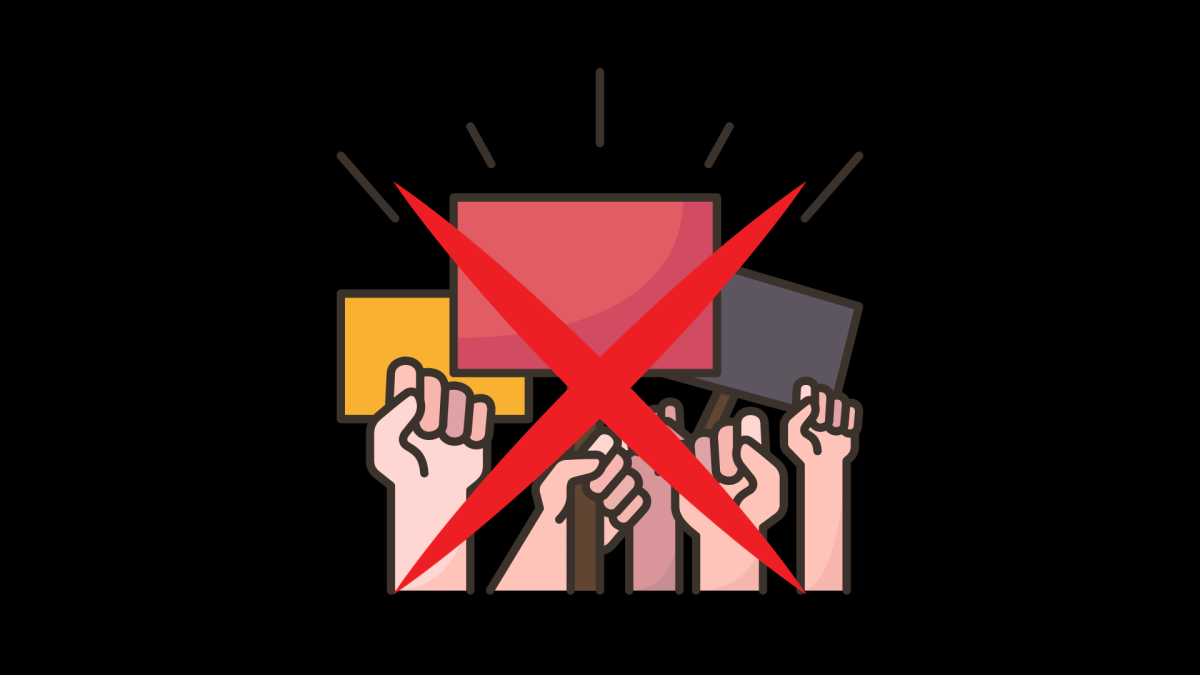When searching for a new puppy or dog for a household, people usually have two options: adopting or purchasing. Purchasing puppies often involves buying from pet stores. However, puppies that are sold in pet stores usually come from puppy mills. Puppy mills are commercial dog breeding facilities that do not focus on the safety and sanitary concerns of the dogs. With the overcrowding and inhumane treatments and conditions of puppy mills, the health of these dogs is put at risk.
In puppy mills, dogs are kept with little water, food and lack veterinary care. Due to overcrowding, dogs are kept in cramped and closed cages which hinders their growth and causes injury to them. In addition, they suffer from heart and respiratory disorders from the disregard of health when breeding and where and how they are nurtured for after birth.
Genetic complications are in result to the over breeding of female dogs. Female dogs are forced to constantly breed and reproduce which leads to complications as they are often not given rest periods to recover after births. If a female dog cannot produce anymore puppies for profit or becomes too weak she is put down. Causing injury to the dogs when forced to breed and then putting them down when no longer healthy enough for this task is not justifiable.
Puppies, who are not ready to be sold yet as they still need care, are sold to pet stores. The puppies who are sold to pet stores are not vaccinated, have diseases or injuries and social anxiety. Due to harsh treatment the puppies fear touch and social interactions. This proves to be problematic for buyers of these puppies, which in turn, can lead to owners returning these puppies to the shop or the pound. Buying from pet stores not only increases the production of puppies in puppy mills, which results in mistreatment and inhumane conditions, it also increases the amount of puppies left at shelters due to owners not wanting to deal with the hassle of the illnesses and social anxiety behavior.
However, many will argue that puppy mills do serve a purpose. As a result of the large production of puppies coming from the mills, people argue that mills aid the public by providing puppies to meet the demand of the public. Breeders only produce several litters, which in turn does not meet the high demand of puppies by the public. Though the demand has gotten high, it does not authorize the overproduction of puppies in unsanitary conditions that results in unfit puppies.
Puppy mills are still running as a result of the success of pet stores and from pet stores deceiving customers. Pet stores often will lie about the origination of their puppies and will provide false documentation when in reality they were obtained by puppy mills. Knowledge of their origin of the puppies would result in the loss of business. The Humane Society, an animal protection organization, works on identifying these puppy mills to protect the puppies that come from them to put a stop to them. They urge for buyers to either adopt dogs or buy from credited breeders instead.














